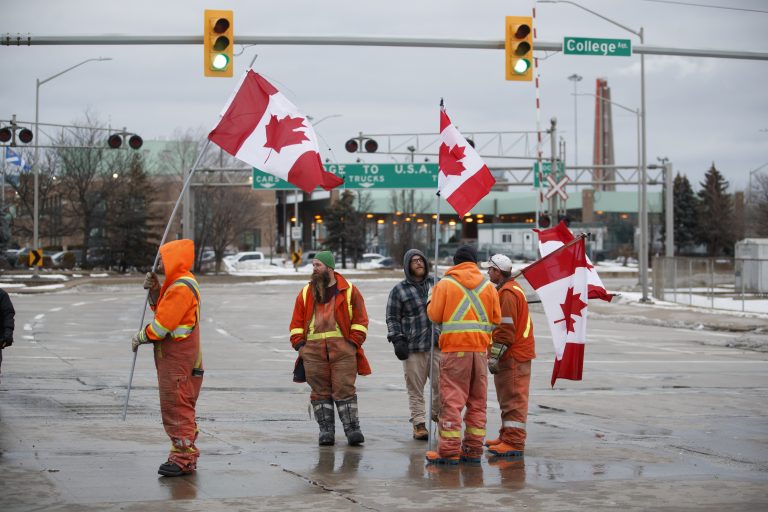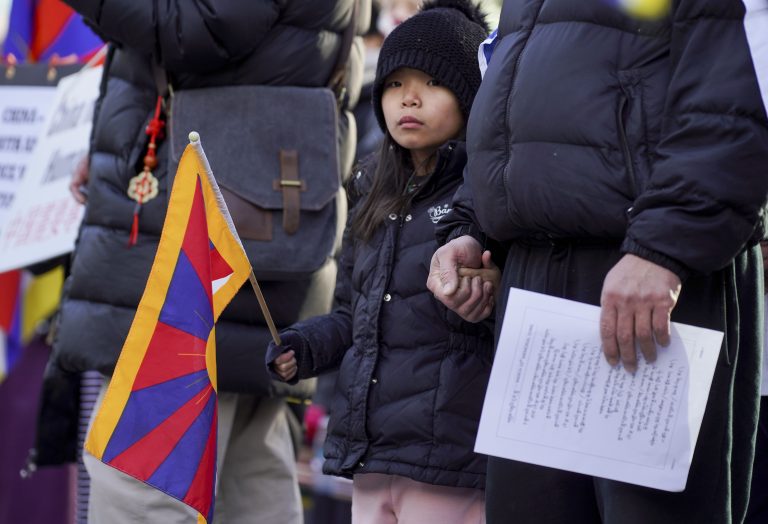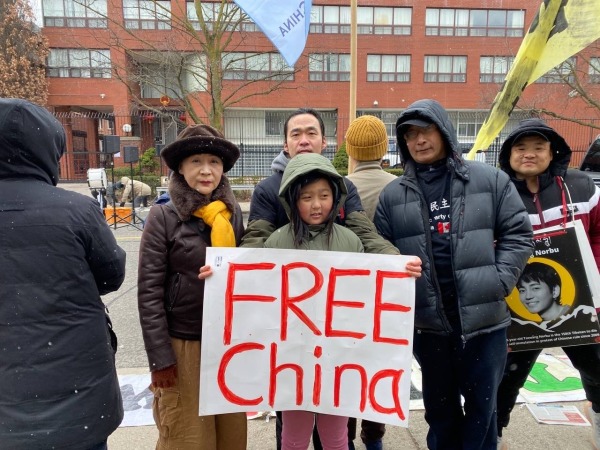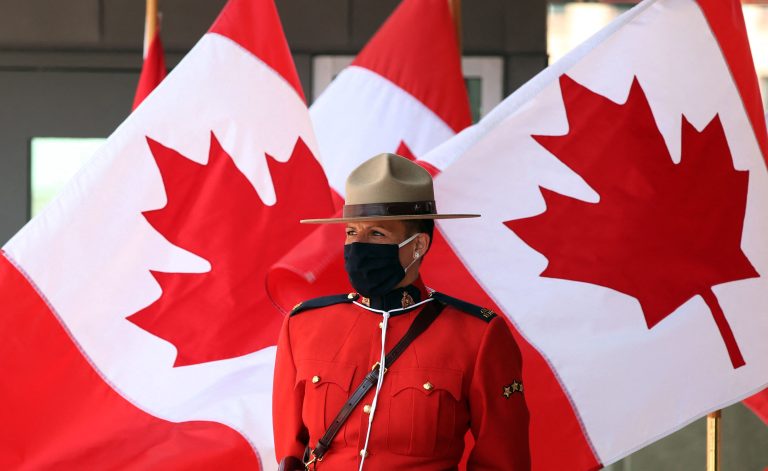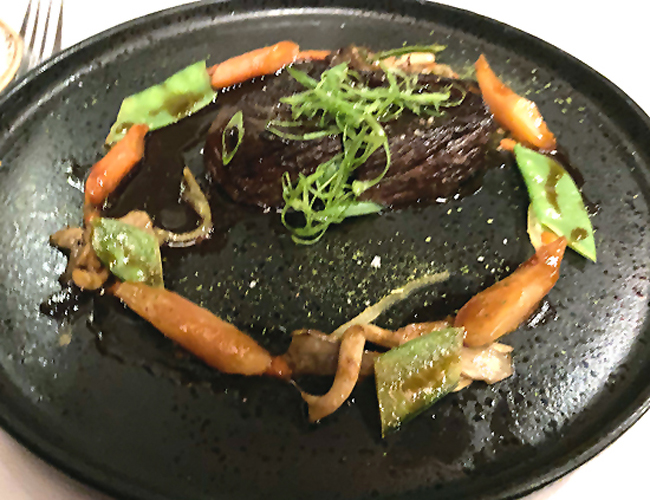Biden administration cabinet officials have urged their Canadian counterparts to use “federal powers” to handle the Freedom Convoy protests obtaining at key U.S.-Canada border crossings.
Since mid-January, thousands of Canadian truckers and their supporters have come out to protest the government’s pandemic restrictions, which have been widely criticized as a veil for human rights infringement.
Homeland Security Secretary Alejandro Mayorkas and Transportation Secretary Pete Buttigieg offered Ottawa “the full support of our Homeland Security and Transportation departments” in using “federal powers to resolve this situation at our joint border,” the White House told CNN on Feb. 10.
According to CNN, President Joe Biden is being “regularly briefed” on the situation.
While committed to peaceful demonstration as protected by law, the protesters have voiced their dissent by parking trucks and other heavy vehicles at critical roads and bridges, such as the Ambassador Bridge that connects Detroit, Michigan, and Windsor, Ontario.
Success
You are now signed up for our newsletter
Success
Check your email to complete sign up
The privately owned toll crossing handles roughly 20 percent of U.S.-Canada trade.
Canadian government officials, including Prime Minister Justin Trudeau, have thus far avoided negotiation with protest organizers, opting instead to label the movement an illegitimate “occupation” and try to prevent multi-million crowdfunded donations from going to the Freedom Convoy.
Manufacturing hit
The Freedom Convoy protests started in response to an unpopular federal mandate effective Jan. 15 that requires truckers to show vaccine passports. Canada has one of the most vaccinated populations in the world, and 90 percent of Canadian truckers have gotten shots against COVID-19.
Since then, the movement has spread to multiple parts of the country, with protesters calling for a general end to pandemic-related mandates.
The closure of Ambassador Bridge has caused delays among auto manufacturers in Detroit, forcing them to reduce production due to the lack of Canadian parts.
Those delays may have weighed in on the White House’s outreach to Ottawa.
“We know that a number of companies and industries are seeing significant impacts from these disruptions,” a White House official told CNN.
Peter Rough, a former U.S. official, questioned the White House’s interaction with Canada as “contempt for protesters.” He wrote:
On Thursday, Feb. 11, Chief Justice Geoffrey Morawetz of Ontario’s Superior Court halted an attempt by the Windsor government to clear Ambassador Bridge, saying that this would only “exacerbate an already difficult situation.”
Ford has reduced production at an engine factory in Windsor and a plant that manufactures SUVs in Oakville, which is located outside Toronto, the Wall Street Journal cited a company spokesman as saying.
Windsor mayor Drew Dilkens called for the bridge to be cleared as soon as possible, saying on Thursday that the “economic harm that this occupation is having on international trade is not sustainable and it must come to an end.”



